Lawyers: Employees of the criminal investigation department should also have body cameras
In an interview with Kun.uz, lawyers Ilyas Yusupov and Zafar Usmanov talked about the problems related to ensuring the rights of persons arrested or detained on suspicion of some crime.
Ilyas Yusupov:
- In our current legislation, if a citizen is suspected of a crime and arrested, what rights should be explained to him?
- First of all, it is necessary to inform the citizen of why he is being arrested, on what crime he is suspected of. Second, his rights should be explained to him. They are as follows: You have the right not to incriminate yourself. You have the right to notify an attorney or next of kin and not to testify until you meet with the attorney in person, etc.
- Do these rules established in the legislation work in practice? We have not heard that these rights have been explained to citizens, who were detained as suspects, by the investigative authorities. In most cases, their family members are not informed.
- Now, the work of each lawyer has an individual character. We cannot say that the reason was like this in every case, and it was not like that in every case. It is not systematic. This is sometimes observed.
Sometimes close relatives contact us and say that “my elder/younger brother was detained by such internal affairs bodies, we would like to ask you to go there”. There are such cases, it’s natural. But the situations you mentioned also happen.
If these processes are electronicized, the human factor will disappear, this thing will disappear by itself. It is also necessary to impose a condition on the officers of each law enforcement agency who detains the person, that is, if the whole situation after the arrest is recorded on the body camera, it will be possible to prove that he denied explaining his rights or not.
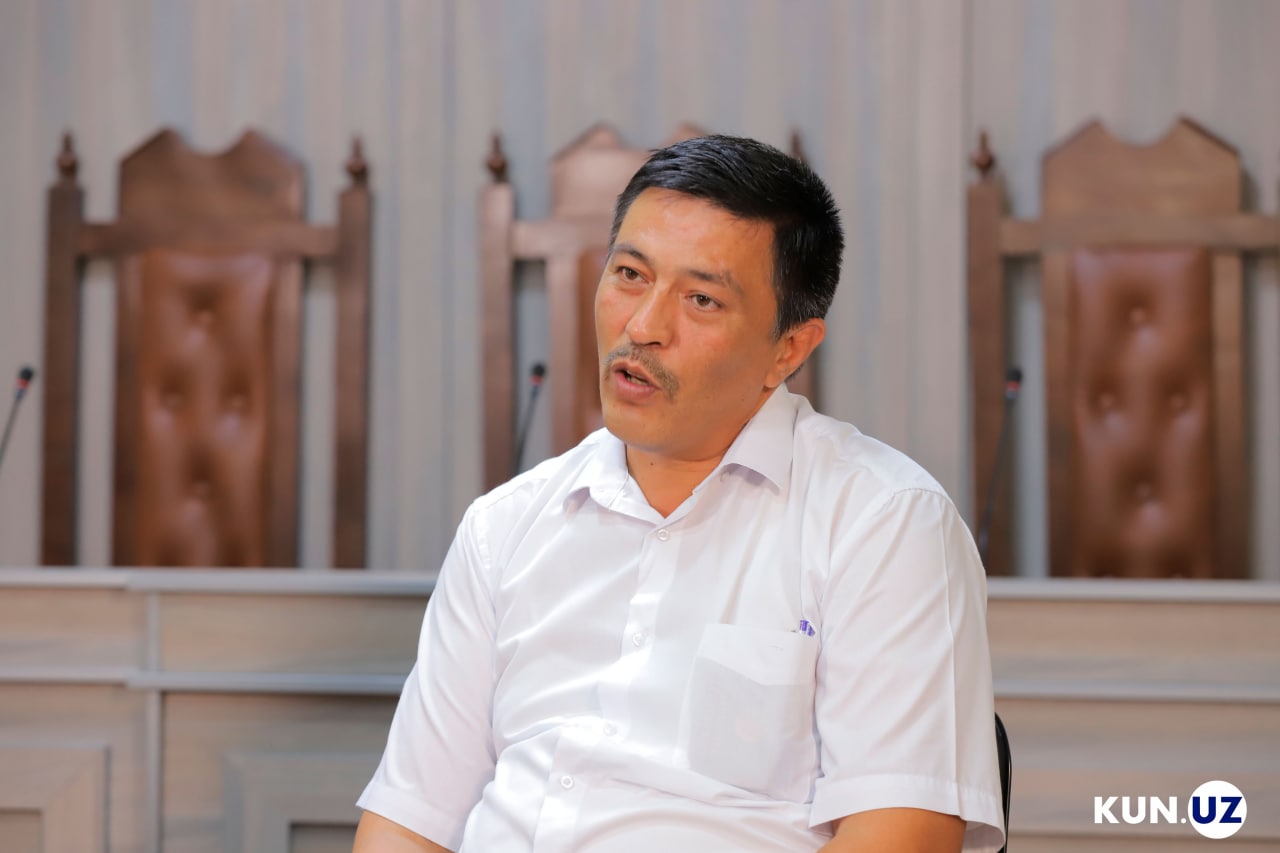
But now we cannot prove the communication between the law enforcer and the arrested person. The officer says “I explained his rights”, but the detainee says “he didn’t explain my rights to me”. Only a video recording will be able to prove the words of these two.
Zafar Usmanov:
- Indeed, there are such cases. The arresting party says “I explained his rights to the citizen”, and the citizen says “he did not”. Arresting citizens as suspects is mostly carried out by internal affairs officers, in particular by officers of the criminal investigation department. As my colleague said, they won’t have body cameras. Therefore, it is impossible to know how much they have complied with their obligations.
We still have people who don’t understand their rights. Efforts are being made to develop legal culture. But it has not yet developed to such an extent. I would suggest that it would be beneficial if more films were made about lawyers and these aspects were mentioned there.
I pay attention to foreign movies, there is a lawyer and a police station in every movie. In every movie, you can see that when the police detaine a suspect, they say “Mr/Mrs…, you have the right to call home, get a lawyer. I warn you that the testimony you provide may work against you”. If these things are widely promoted in our films, it will affect people faster.
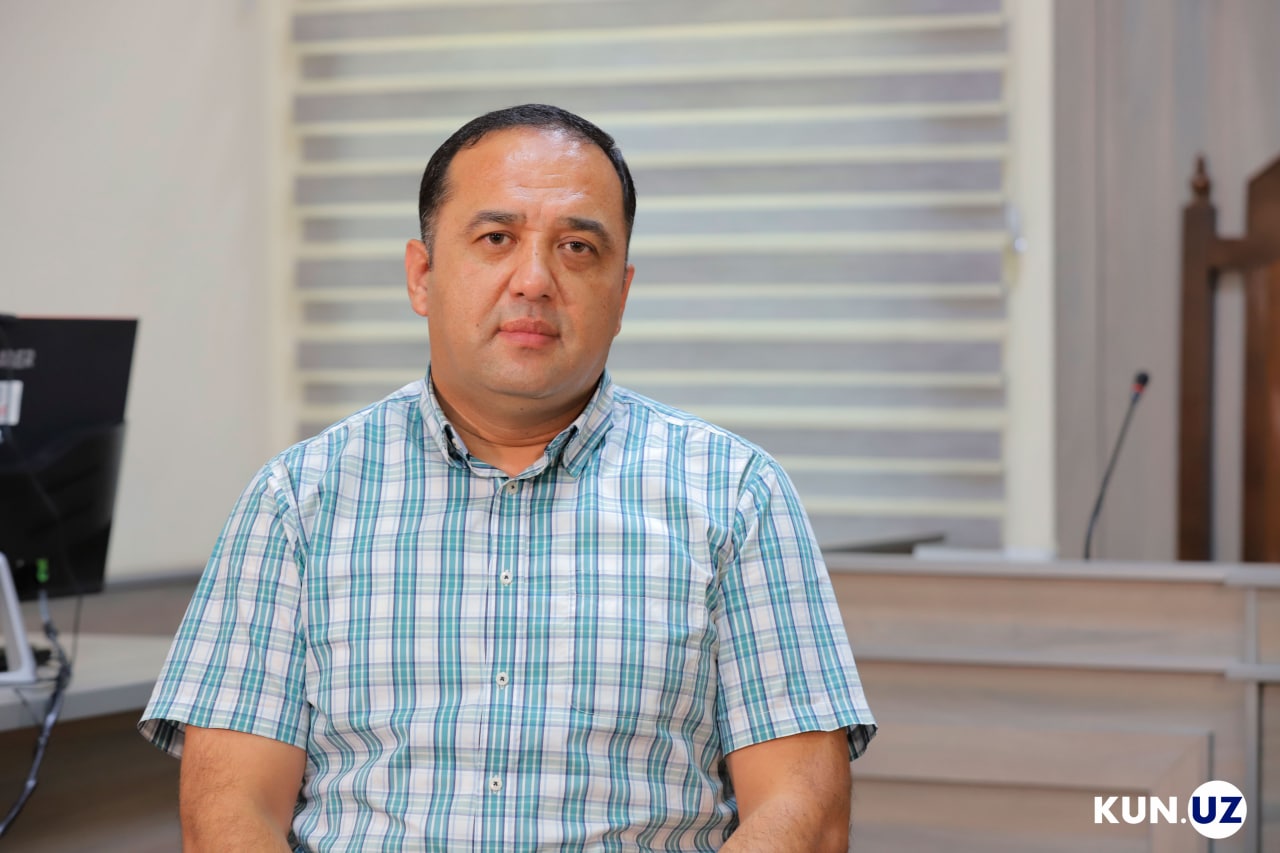
- You want to say that together with constitutional reforms, people’s legal culture should be improved.
- That’s right. Because the situations you are talking about, i.e. explaining the rights to the suspect during his arrest, are also in our current laws. If this norm is reflected in our main law, it becomes a constitutional right of every citizen. We will see how it works in the future.
- If this norm is included in the Constitution, there is hope that it will work. That is, recently every citizen had the opportunity to appeal to the Constitutional Court when his constitutional right was violated. There was no such possibility before. It is not surprising that after this right is reflected in the main law of the country, citizens whose rights have been violated can protect their rights through the Constitutional Court. It is true, isn’t it?
- That’s what I wanted to say. There will be criminal proceedings that will be considered in a court, but we also have cases where there are joint judgments issued in addition to it. That’s why many situations happen like this. But if this norm is included in our Constitution, it will be much more effective.
- One of the changes introduced to the Constitution is related to torture. For many years, Uzbekistan’s reputation in this regard has not been enviable. However, as a result of the changes made in recent years, it is said that the cases of torture of citizens have decreased. However, there are cases of torture of suspects or defendants by law enforcement officers. The fate of our compatriots who died as a result of torture in the DIA building in Andijan and Chirakchi is a clear example of this.
What do you think it will do for people to enshrine in the Constitution that no one shall be subjected to torture, violence, or other cruel, inhuman or degrading treatment or punishment?
Ilyas Yusupov:
- We must take into account one thing, that amendments to the Constitution against torture are being made not only in Uzbekistan, but also in the international community, even at the UN level, which means that all countries must fight against torture. Our current legislation also provides for criminal liability for torture or the use of torture methods in the collection of evidence.
But as we said above, taking into account that the relevant changes are being made to prevent and combat torture, I think that there will be an stimulus for some unscrupulous employees to do their job in accordance with the law.
- In your experience, among the citizens who appealed to you for protection of their rights, have you come across those who complained about receiving testimonies under torture?
Ilyas Yusupov:
- Personally, in my work experience as a lawyer, I have not met citizens who complained for such a reason.
Zafar Usmanov:
- I have encountered such cases have happened in my work. It happened not these days, but in 2013-2014. Now some of those cases have been acquitted by the Supreme Court.
I would like to mention a situation that is not specified in the law, but which I encountered based on my experience. Currently, it is said that it is impossible to detain a suspect for more than 48 hours. One question arises here.
During these 48 hours, his personal needs, such as food, water and clothing, are not defined by our laws. If you ask the investigator, if he is honest, he will tell you to bring food and other necessities for the detainee.
If the investigator treats him differently, then he prohibits the suspect from receiving anything. Every arrested person is kept either in the premises of the prosecutor’s office or internal affairs bodies. They will not be allowed to go out and personal belongings will be confiscated.
For example, the suspect was detained at 20:00. At that time, he was arrested by the investigator on the basis of Article 221 of the Criminal Code. He can be fed when he is taken to another organization’s detaining room, but it will be midnight by the time he gets there. Until then, he will be hungry. This person will suffer. Such cases have not been clarified in our legislation.
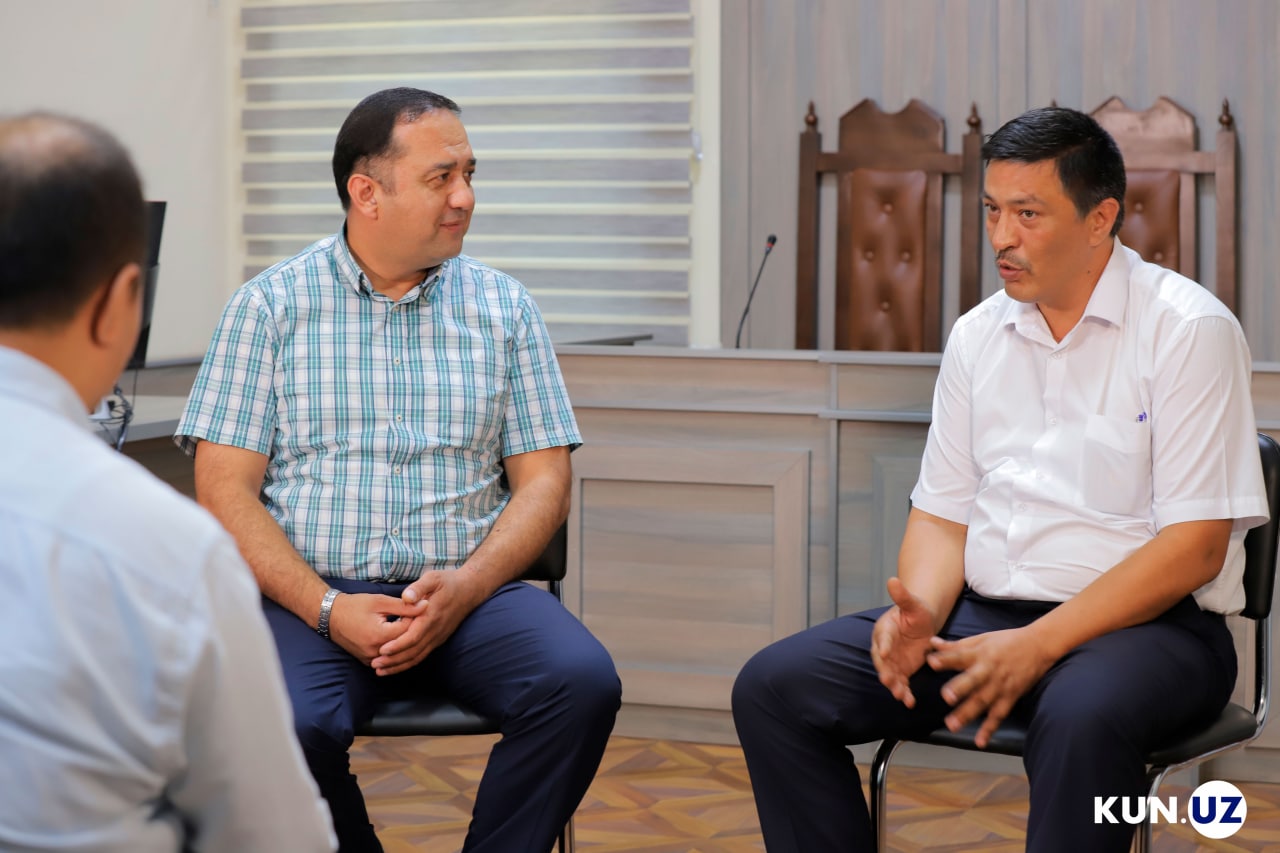
I would like to ask that this issue should also be regulated. This is a hot topic. That is, during those 48 hours, it would be good if their close relatives or lawyers would provide for their primary needs. Clothing may also not be allowed in cold weather, for example. In fact, this is a form of torture. If you detain a hungry and thirsty person for three hours and ask if he has committed a crime, even if has not committed, he will say “yes”.
There is another case that the investigators do not like the lawyers who fight for the truth. There are cases where people are treated badly, the contract is canceled and the lawyer service is refused. These cases exist even today.
This happened to me recently. I was acting in accordance with the legislation. When I filed a petition, the investigator sentenced my client to temporary arrest under Article 221 and did not inform me about it until noon the next day. If the detainee’s family member brings something, they say that I do not have the right to receive and deliver it. This question really remains open. It would be great if this situation was included in the Constitution.
- I think this is not regulated by the Constitution, but by the law and sub-law documents. In 2018, we, a group of journalists, went to the USA. We entered the detention center in Chicago. Before our eyes, they brought 20-30 boxes of pizza for the lunch of those detained there. So this system is working there.
Ilyas Yusupov:
- In our country, the persons detained in the investigative detention centers are provided with water and food for the specified period until the trial. Now, an opinion was expressed about the situation that my colleague was in front of the investigator at the time of suspect’s arrest. But after being placed in the pretrial detention center, these conditions exist there.
Related News
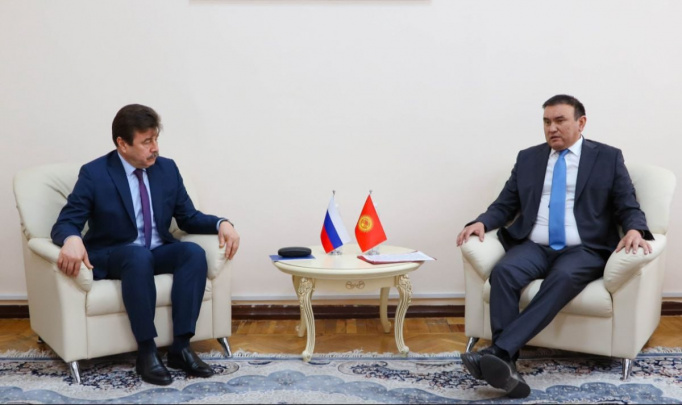
17:46 / 14.04.2025
Russian police assault Kyrgyz citizens in Moscow; Kyrgyzstan summons envoy, demands accountability
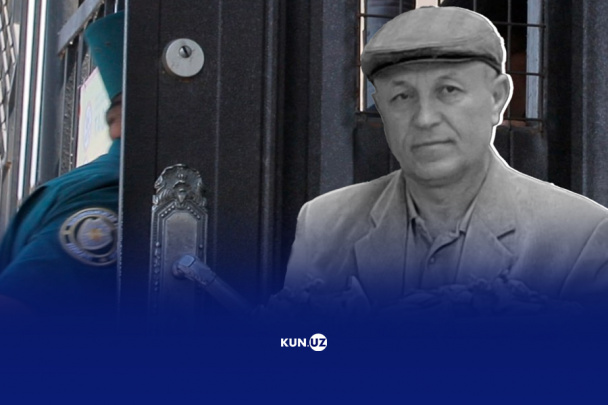
13:10 / 05.04.2025
Investigation closed: Authorities deny torture after man taken for interrogation dies in custody
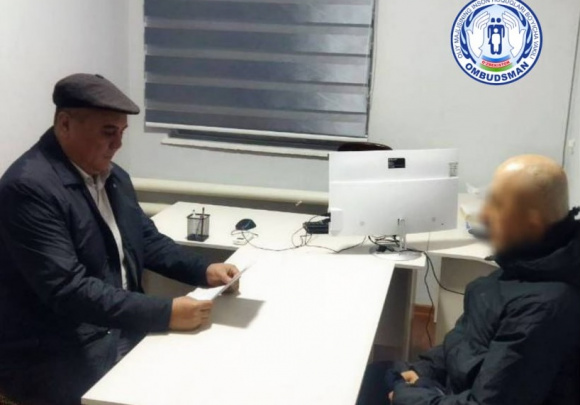
16:40 / 26.03.2025
Prisoner in Tashkent region complains to Ombudsman of torture and unjustified disciplinary action

16:54 / 05.03.2025



